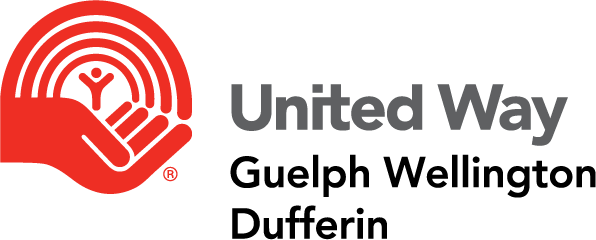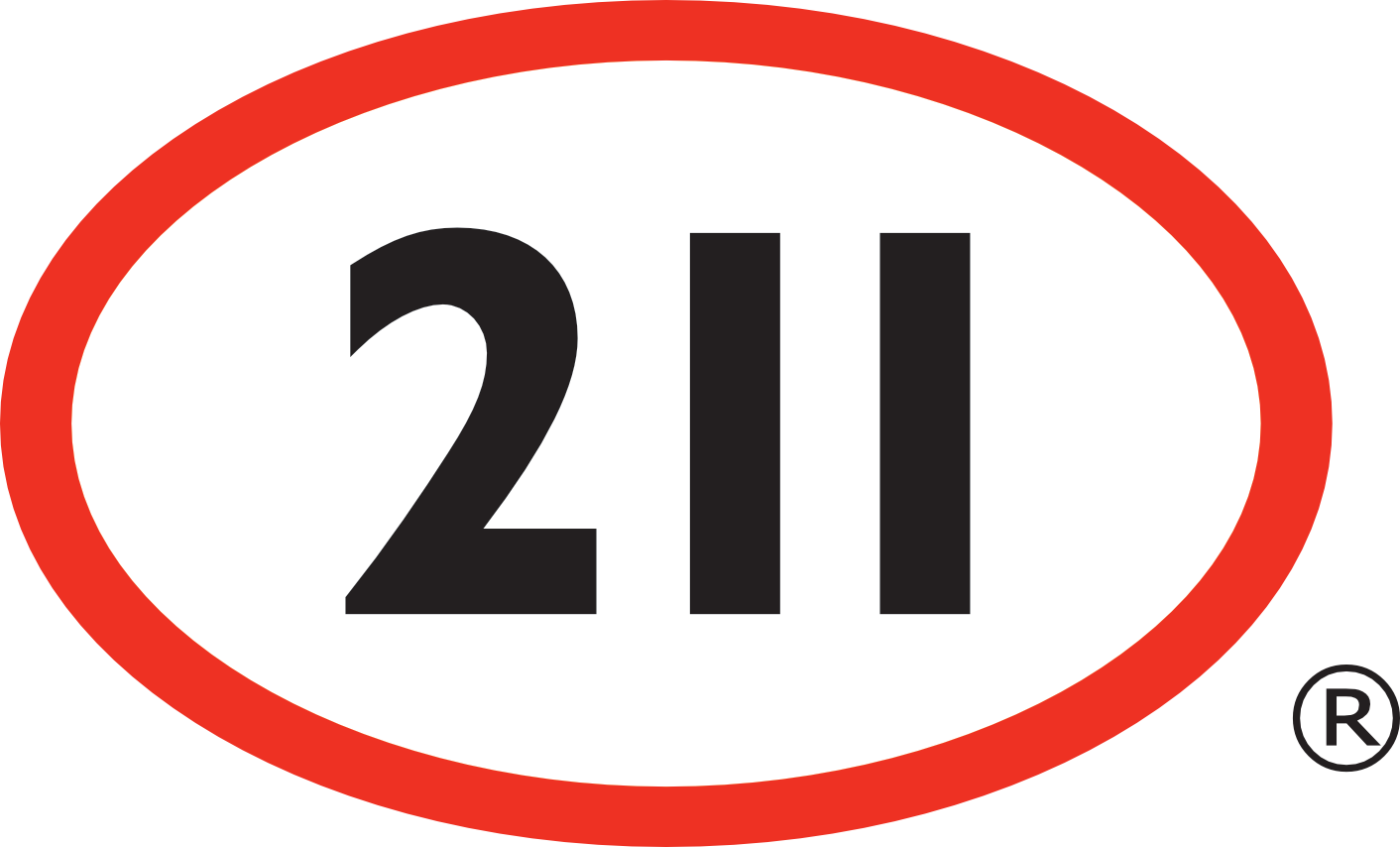Rural Communities
We’re being radically local in our approach, solving local problems with local solutions and empowering those closest to the issues.
The Challenge

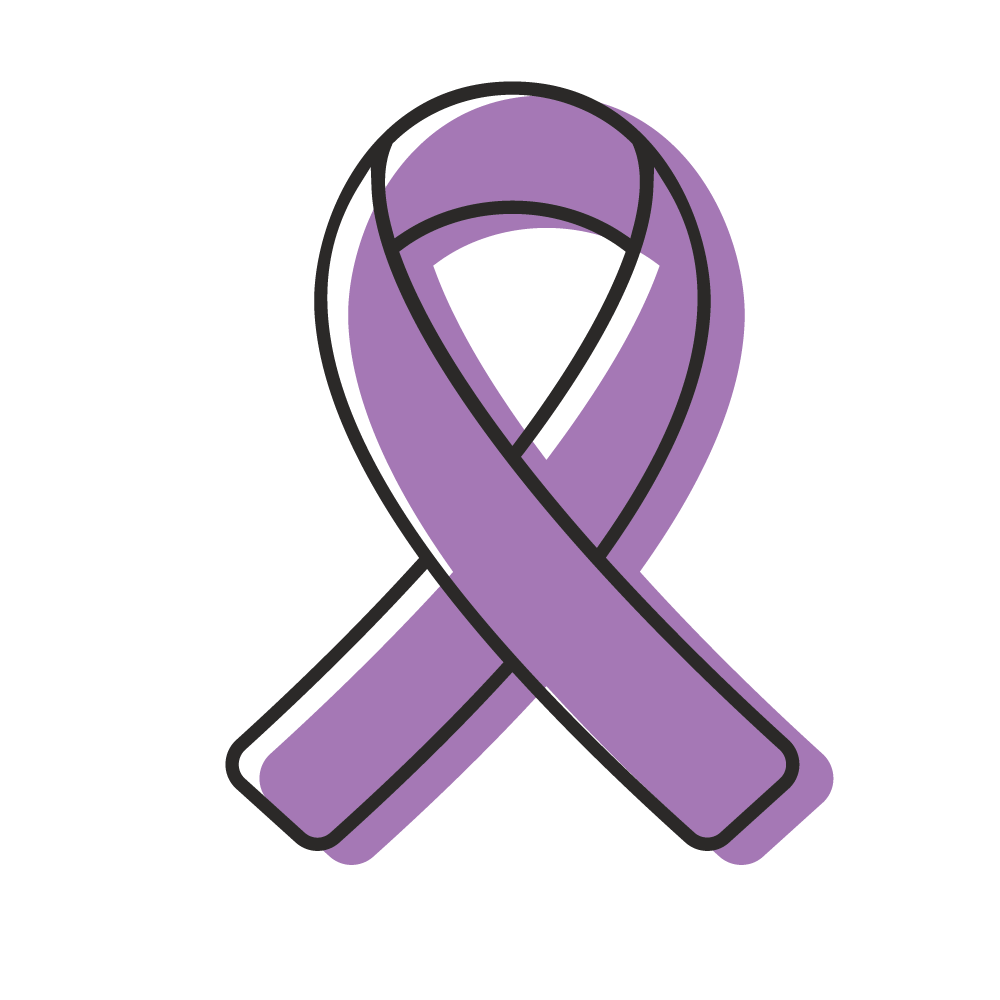
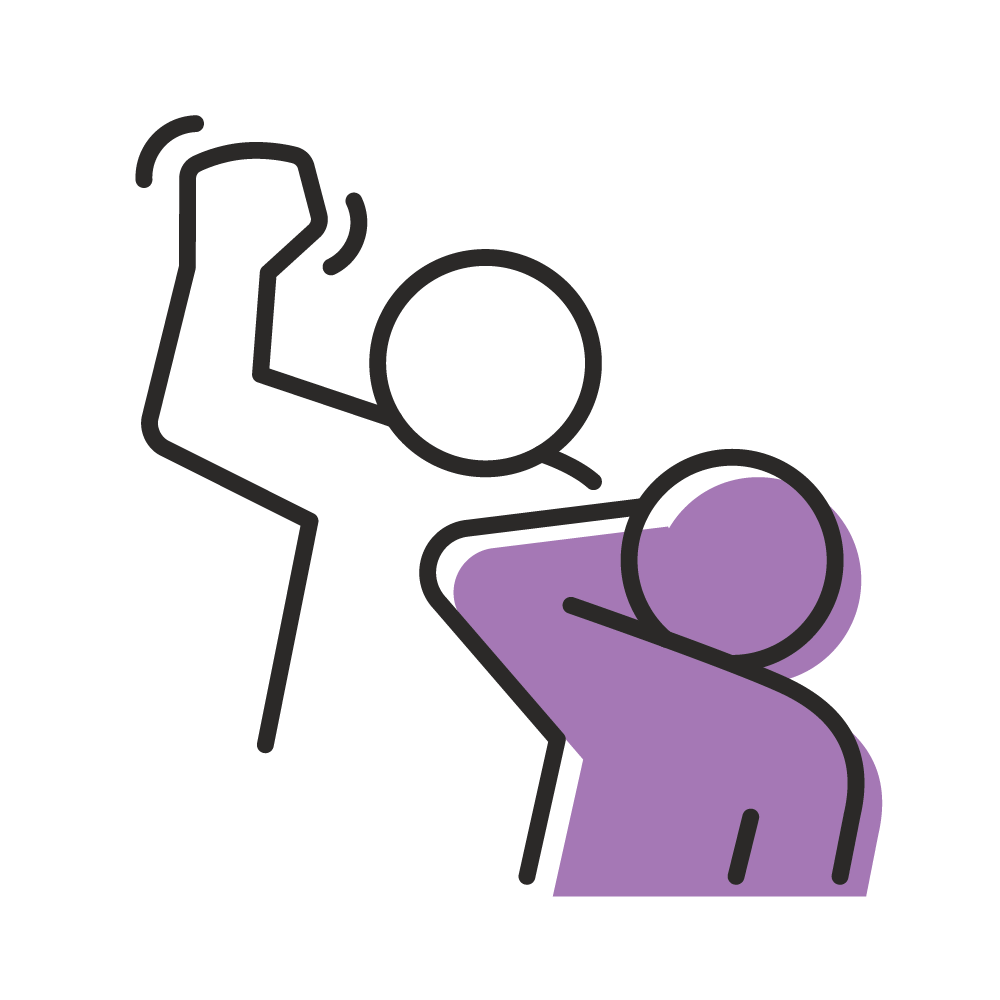
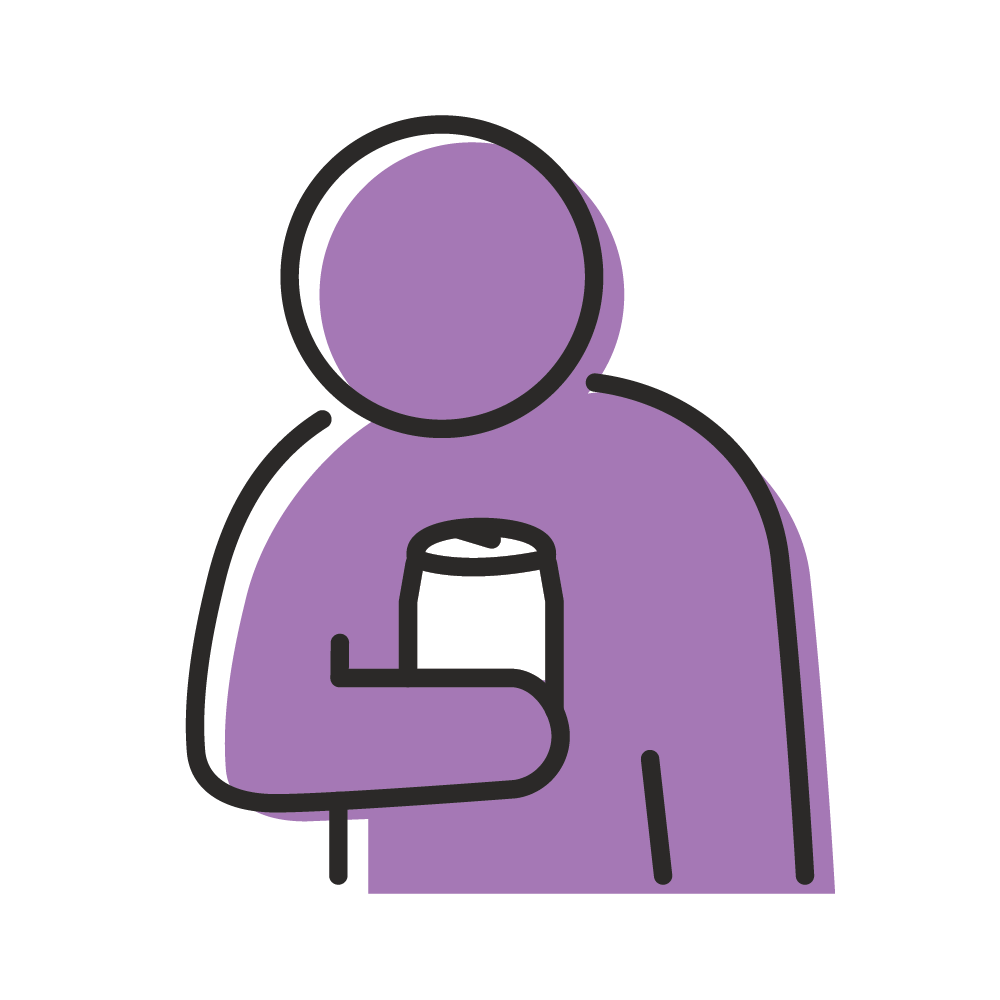
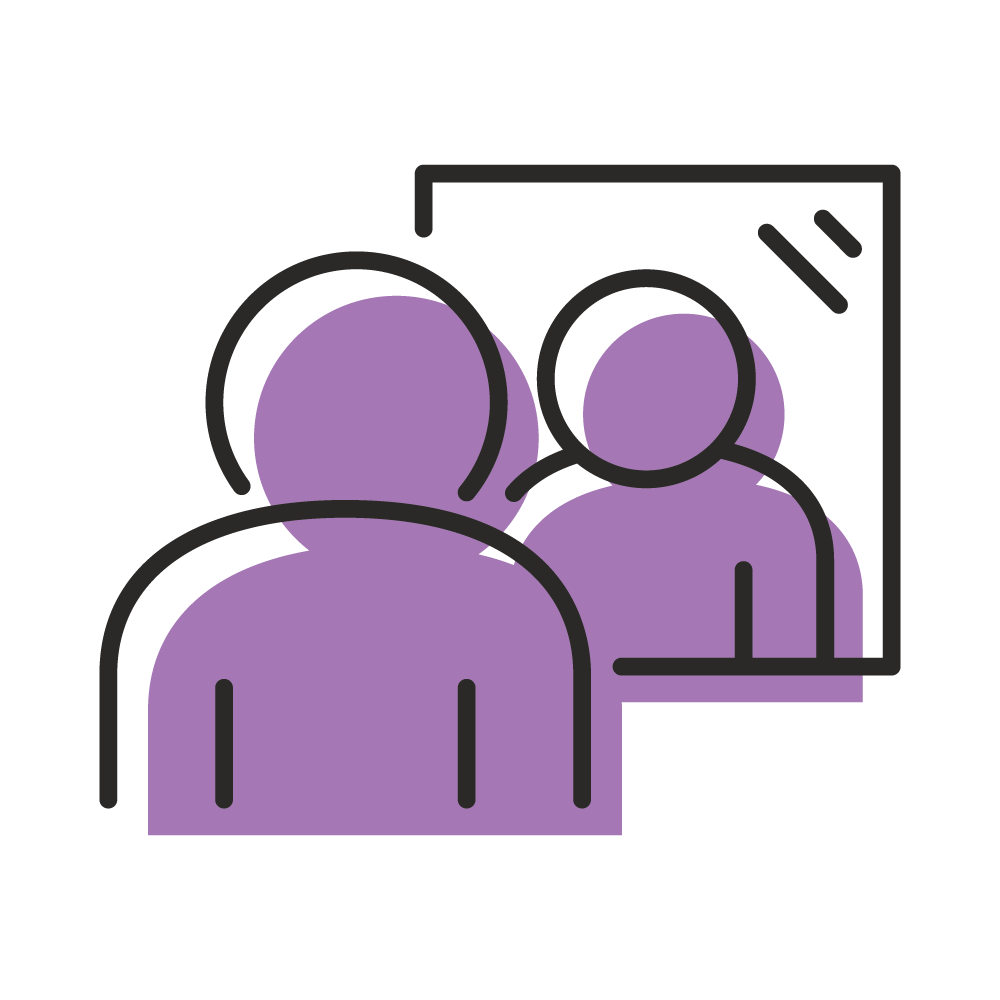

Reasons We Care
In Wellington and Dufferin County, local residents are dealing with complex issues that prevent them from building a good life, including; a lack of transportation, access to stable internet, cost of goods, severe isolation, and a low sense of belonging.
At United Way we recognize that the needs and issues that impact the communities we support are different in rural and urban areas, and across distinct communities. Applying a local lens to funding in Wellington County and Dufferin County gives those who are closest to the issues the opportunity to tackle them in ways that they know will work for their location.
What We Can Do, Together.
Our key focus areas of All That Kids Can Be, Healthy People, Strong Communities, and From Poverty to Possibility still apply, but we are committed to supporting how programs are delivered to overcome the additional challenges a rural area or neighbourhood can present. Our impact looks different in each community and is shaped by local partners and local United Way volunteers.
United Way partners with local, front-line agencies to deliver vital programs and services that include:
- Local food banks, to provide additional services like grocery delivery to overcome transportation barriers.
- Mentoring programs for youth, to reduce isolation and improve relationships with others.
- Support programs for women who have experienced any form of domestic and/or sexual violence or human trafficking, recognizing increased barriers of a lack of transportation, increased isolation, and stigma.
- Wellness hubs for youth, to provide centralized services to support mental health and well-being, with accommodations for transportation.
- Transportation programs to support seniors and adults with physical disabilities maintain their independence at home.
Together, with your investments, we’re responding with a hyper-local approach to ensure everyone has the support they need to thrive.


